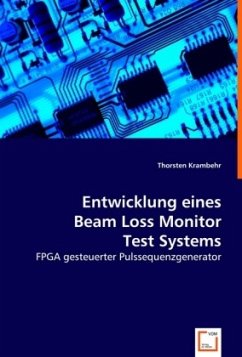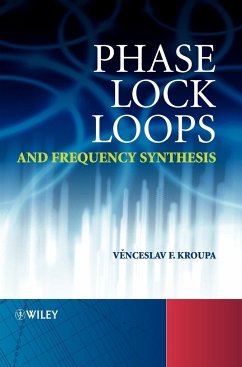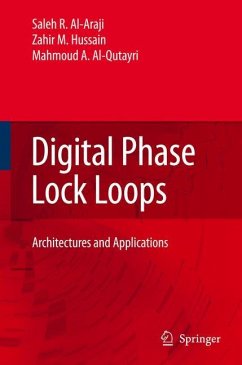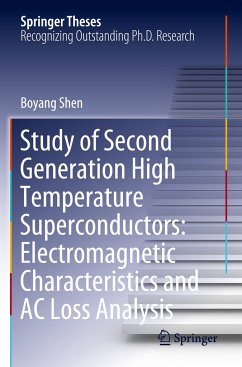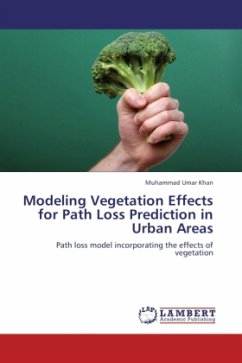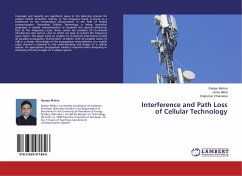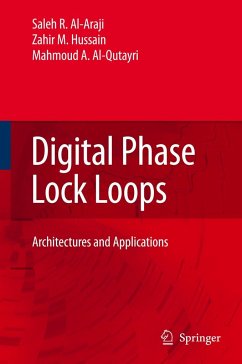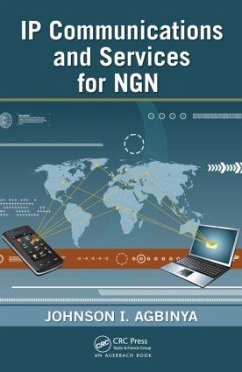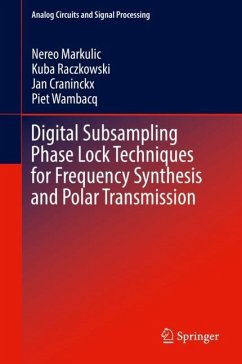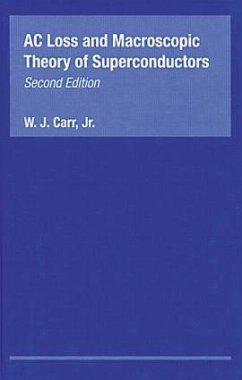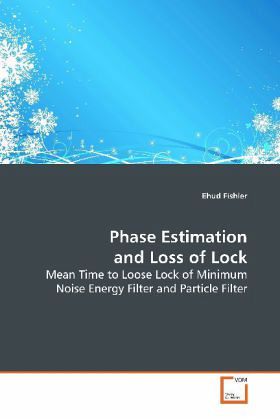
Phase Estimation and Loss of Lock
Mean Time to Loose Lock of Minimum Noise Energy Filter and Particle Filter
Versandkostenfrei!
Versandfertig in 6-10 Tagen
32,99 €
inkl. MwSt.

PAYBACK Punkte
16 °P sammeln!
We give a positive answer to the classical question of whether phase estimators of different types, slip cycles. We develop a small noise analysis for thecalculation of the mean time to lose lock (MTLL) of the minimum noise energy (MNE) filter and find that this MTLL is much longer than in other conventional phase estimators. The MNE criterion in filtering, in contrast to the minimal mean square estimation error(MSEE) criterion, bypasses Zakai''s equation and stochastic differential equations that approximate the optimal estimator. We find that in the limit of small noise there is a huge gap b...
We give a positive answer to the classical question
of whether phase estimators of different types, slip
cycles. We develop a small noise analysis for the
calculation of the mean time to lose lock (MTLL) of
the minimum noise energy (MNE) filter and find that
this MTLL is much longer than in other conventional
phase estimators. The MNE criterion in filtering, in
contrast to the minimal mean square estimation error
(MSEE) criterion, bypasses Zakai''s equation and
stochastic differential equations that approximate
the optimal estimator. We find that in the limit of
small noise there is a huge gap between the MTLL of
the MNE filter and the MTLL of existing phase
estimators, such as the extended Kalman filter (EKF),
other phase locked loops (PLL), and particle filters.
It follows that the performance threshold of existing
phase estimators can be considerably extended. We
estimate the tradeoff between the complexity of the
implementation of realizable MNE filters and the
degradation of their MTLL relative to the true one.
of whether phase estimators of different types, slip
cycles. We develop a small noise analysis for the
calculation of the mean time to lose lock (MTLL) of
the minimum noise energy (MNE) filter and find that
this MTLL is much longer than in other conventional
phase estimators. The MNE criterion in filtering, in
contrast to the minimal mean square estimation error
(MSEE) criterion, bypasses Zakai''s equation and
stochastic differential equations that approximate
the optimal estimator. We find that in the limit of
small noise there is a huge gap between the MTLL of
the MNE filter and the MTLL of existing phase
estimators, such as the extended Kalman filter (EKF),
other phase locked loops (PLL), and particle filters.
It follows that the performance threshold of existing
phase estimators can be considerably extended. We
estimate the tradeoff between the complexity of the
implementation of realizable MNE filters and the
degradation of their MTLL relative to the true one.



